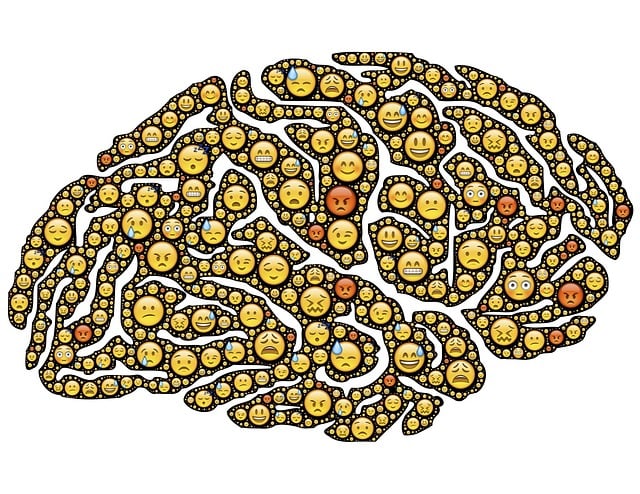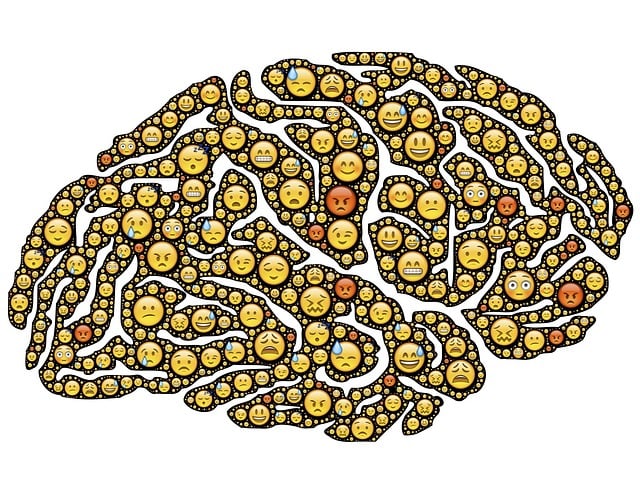Broomfield's mental health services need a tailored approach due to the community's diverse spiritual and religious beliefs. Effective programs should emerge from comprehensive surveys and focus groups with local residents, addressing their unique needs and gaps in current resources, especially regarding spiritual-religious issues. By integrating cultural sensitivity, early intervention, and evidence-based strategies, these initiatives aim to improve mental well-being, supporting holistic health for Broomfield residents, including those engaging with the town's Spiritual-Religious Issues Therapy services.
Broomfield’s mental health landscape is diverse, with unique spiritual-religious issues influencing well-being. This article explores the design of an educational program aimed at addressing these specific needs. By assessing local context and gaps in resources, we craft a comprehensive curriculum integrating evidence-based practices, stress management techniques, resilience building, emotional intelligence, and spiritual perspectives. Implementation strategies focus on accessibility, partnerships, training, and data-driven adjustments to ensure long-term sustainability and impactful therapy for Broomfield residents.
- Assessing Broomfield's Mental Health Landscape: Identifying Needs and Gaps
- – Understanding the community context in Broomfield
- – Evaluating current mental health resources and programs
Assessing Broomfield's Mental Health Landscape: Identifying Needs and Gaps

Broomfield’s mental health landscape is a complex tapestry woven with various threads, including prevalent concerns such as stress, anxiety, and depression, alongside unique spiritual-religious issues that significantly impact its residents. Assessing this landscape involves a meticulous process of identifying both needs and gaps in current mental health services. By conducting comprehensive surveys and focusing groups involving diverse community members, professionals can gain valuable insights into the specific challenges faced by Broomfield’s population.
This initial step is crucial for designing effective Mental Health Education Programs that cater to the local context. For instance, a thorough risk assessment for mental health professionals might reveal elevated levels of burnout and stress, calling for confidence-boosting workshops and support systems. Incorporating cultural sensitivity and addressing spiritual-religious issues will also be essential, ensuring that programs resonate with individuals from various backgrounds, thereby fostering broader community engagement and improved mental well-being.
– Understanding the community context in Broomfield

In Broomfield, understanding the community context is a vital step in designing an effective mental health education program. The town’s diverse population includes a significant number of individuals with varying spiritual-religious beliefs and practices, which must be considered when addressing mental health issues. This cultural sensitivity in mental healthcare practice ensures that interventions are inclusive and respectful of different backgrounds, fostering trust and openness among participants.
Broomfield has seen increasing efforts to reduce the stigma associated with mental illness, a crucial aspect that can encourage community members to seek support without fear of judgment. Integrating these initiatives into the program design can enhance its impact by promoting early intervention and regular self-care routine development. By understanding and addressing specific challenges within the community, such as spiritual-religious issues, the program aims to cater to the holistic well-being of Broomfield’s residents.
– Evaluating current mental health resources and programs

Evaluating existing mental health resources and programs is a crucial step in designing an effective education initiative. It involves assessing the current landscape to identify gaps, redundancies, and areas for improvement. In Broomfield, for instance, a thorough review of available therapy options might reveal that while spiritual-religious issues therapy is well-established, there’s room for enhancing public awareness campaigns focused on early intervention and coping skills development. This evaluation should consider both community needs and the specific challenges faced by mental health professionals in the region.
By examining successful programs and identifying best practices, as well as analyzing the unmet needs within the community, designers can create a comprehensive curriculum that addresses local concerns. Incorporating evidence-based strategies and integrating topics like risk management planning for mental health professionals ensures a robust program capable of fostering positive mental health outcomes. This approach not only leverages existing resources effectively but also aligns the education program with current trends in mental health care.
In assessing Broomfield’s mental health landscape, it becomes evident that a comprehensive education program is needed to address identified needs and gaps. By understanding the community context and evaluating existing resources, we can design an inclusive initiative that incorporates spiritual-religious issues and therapy. This approach ensures that all residents have access to tailored support, fostering a healthier and more resilient Broomfield community.














